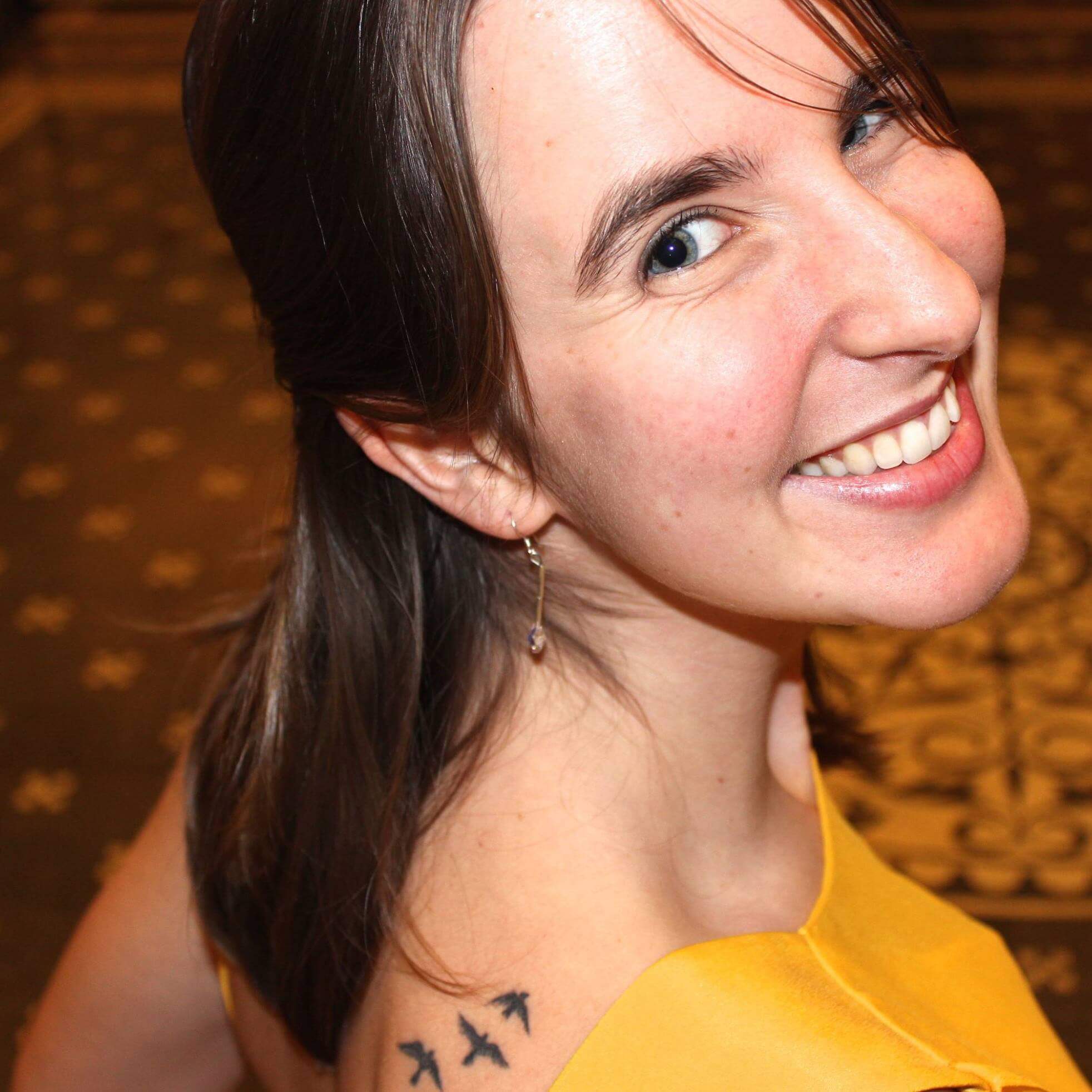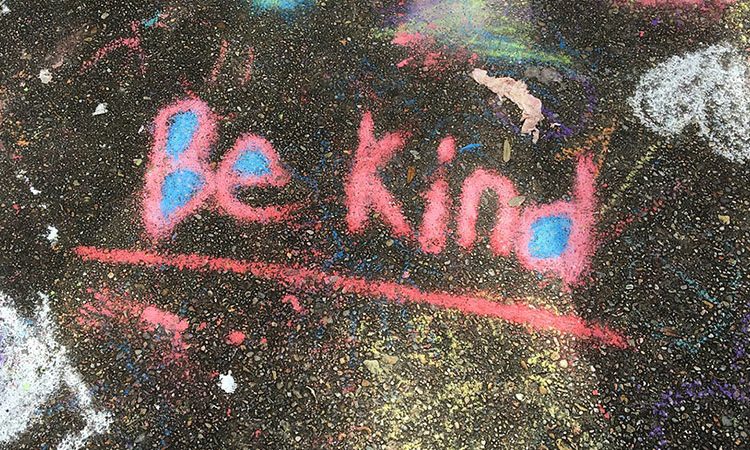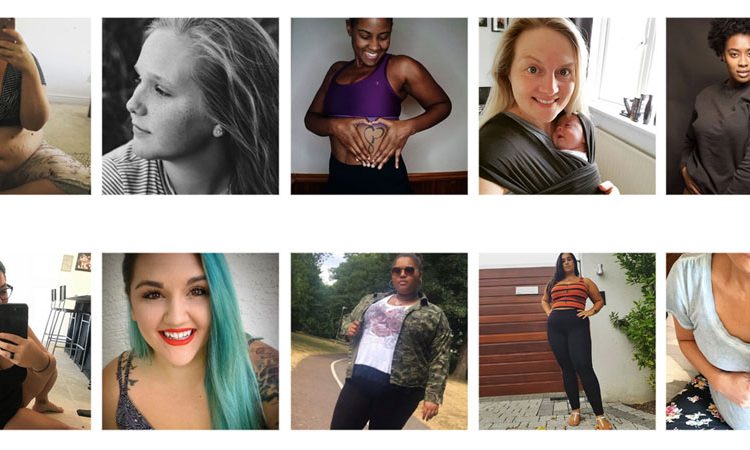The other night, I went to my friends’ home for dinner. I got to hang out with their two young girls while I was there. It was the balm my soul needed after a long day of work that honestly had run me dry. Amidst my exhaustion, there was joy alive among us.
At one point while the girls and I were waiting for dinner to be ready, the younger of the two girls came over with my work shoes on. Clunk clunk clunk. The tan ballet flats looked absurdly large on her tiny feet, and she walked excitedly on the hardwood floor in these grownup shoes. Clunk clunk clunk. Her sister nearly pushed her out of them, eager for her chance to try, too. Clunk clunk clunk.
I laughed and smiled to the point that my face started to hurt. I had done the same thing with my mom’s shoes when I was young, wondering where I would walk someday in my own fancy grownup shoes, making a powerful noise with each step that would alert all of the important people in the area to my incoming presence. Perhaps a courtroom? A classroom? A business meeting?
I had never had anyone dream their own dreams in my shoes, I realized, and it delighted me.
I never imagined that the shoes they tried on, that I tried on when I was the excited young girl, would be shoes that walked into hospital rooms, not as a medical provider, but as a minister working with the medical team: a hospital chaplain.
I never imagined that they would be shoes that took me from room to room during a 24-hour shift during which I walked seven miles all over the hospital because I was the only chaplain in-house…
…into rooms where people had just received the worst news of their lives.
…into rooms where people were celebrating birthdays, looking death in the face and eating cake and hanging balloons as acts of defiance.
…into rooms where families couldn’t agree on what to do next for their loved one, and it was tearing them apart.
…into rooms where some had become atheists and others believers.
…into rooms where people wanted to watch TV together instead of talk because they were all talked and emotion-ed out for the day, but didn’t want to be alone, either.
…into rooms where people told me about their family’s matriarchs and patriarchs who had gotten to meet their great-grandchildren and do everything they wanted to do in life.
…into rooms where lives were ending before life had even really begun, where there was no peace of having accomplished their hopes.
…into rooms where staff members had lost a patient they deeply cared about.
…into rooms where I would say fewer than 100 words total throughout a 40-minute visit because someone had so much on their mind.
…into rooms where people prayed the most desperate and real prayers of their lives.
…into room after room after room of people who all bear the image of the Divine.
This is the everyday work of a chaplain – to act as a non-anxious, non-judgmental presence who can support people and help them have the space they long for to sort out their questions of meaning during times of illness, hardship, and shocking transitions. Why did this happen to me? What in the world do I do now? Where is God? When so many bad things like this happen, how could there possibly be a God? What comes next for me? For us? This hurts so much that I don’t even have words or questions to ask; it’s a jumbled mess.
My patients come from all religious backgrounds (or none) and from all walks of life, and it’s not up to me to tell them how to try to make meaning of their pain. I am a stranger to them who can become a trusted companion along their journey in a way that few others can. I don’t lead these conversations; I facilitate them, and my patients lead me. I don’t offer answers or advice; I offer daringly open-ended questions that aim to guide people to their own truths. We build trust with one another, and if I’m lucky, I get invited in to people’s most important stories. Amazingly enough, I often get invited in.
When I tell people what I do as a career, they often say to me, “That sounds like an awful job. It must be really sad all the time because you’re always dealing with death and sickness.” Yes – it is awful and sad. I see heartbreaking and unjust things every single day I enter the hospital. It is the hardest job I can imagine myself doing, and yet somehow, it’s also the most beautiful one, the most privileged, the most meaningful. Sometimes – most of the time, actually – it even can be joyful and have flickers of hard-fought hope.
I get to empower people to go into the depths of their hearts and souls, places where perhaps they haven’t ever explored before. I get to be there when people forgive one someone else or themselves. I get to affirm people’s resilience and beauty. I get to help open spaces of liberation and healing, even when the future is uncertain or coming to a close very soon. I get to offer opportunities to grieve even very old losses. I get to learn, grow, and change because of the stories and souls of people I meet.
When people thank me as I’m leaving, I respond with “My privilege” because the privilege truly is mine. I hope I’ve given them even a portion of what they’ve given to me.







National Day of Prayer
[…] a hospital chaplain, I constantly get to come alongside my patients and families in prayer. It’s an amazing role and I never take it for granted. They have taught me so much about what it […]
Listening Well in a World that Often Listens Poorly
[…] worked as a hospital chaplain for more than two years now, and I’m always struck by how strange my job is. I walk in halls that […]